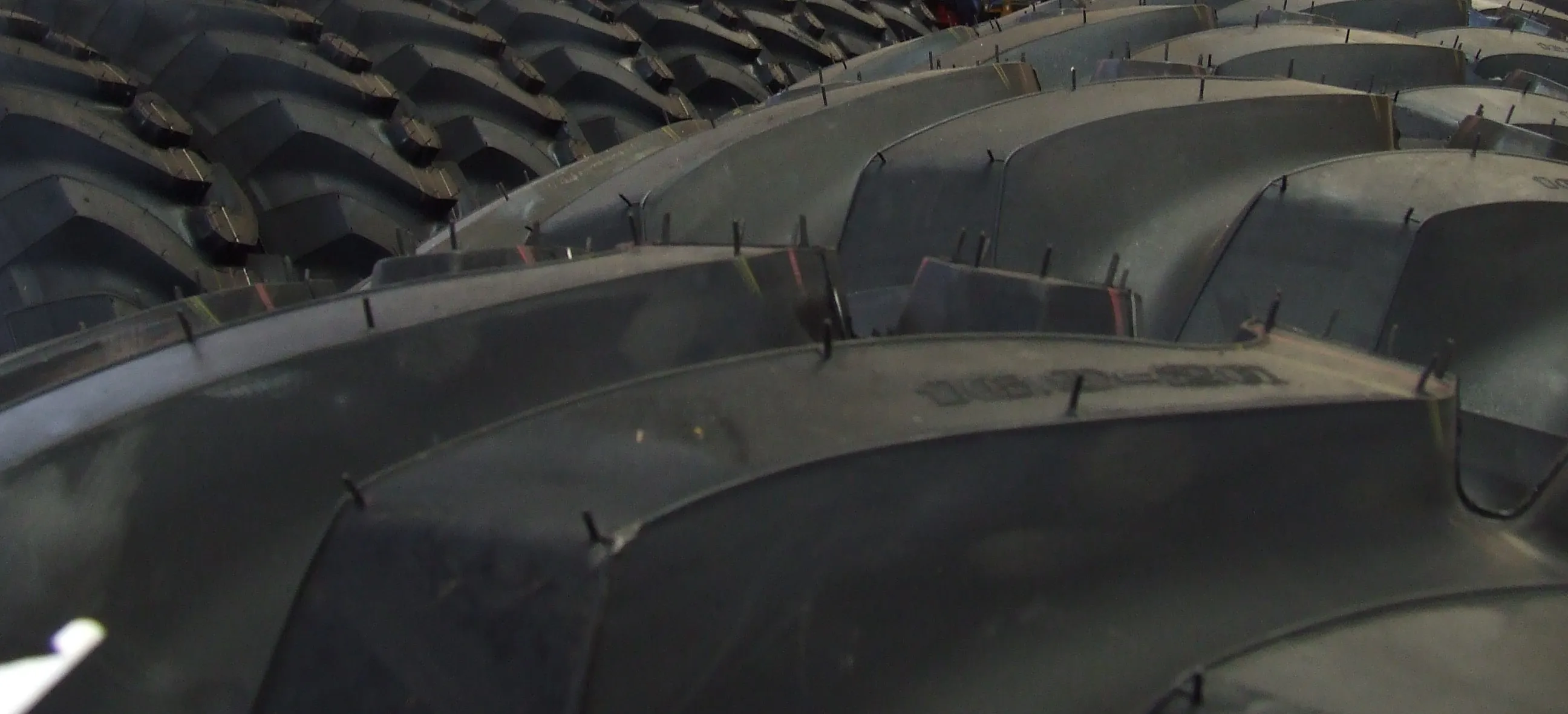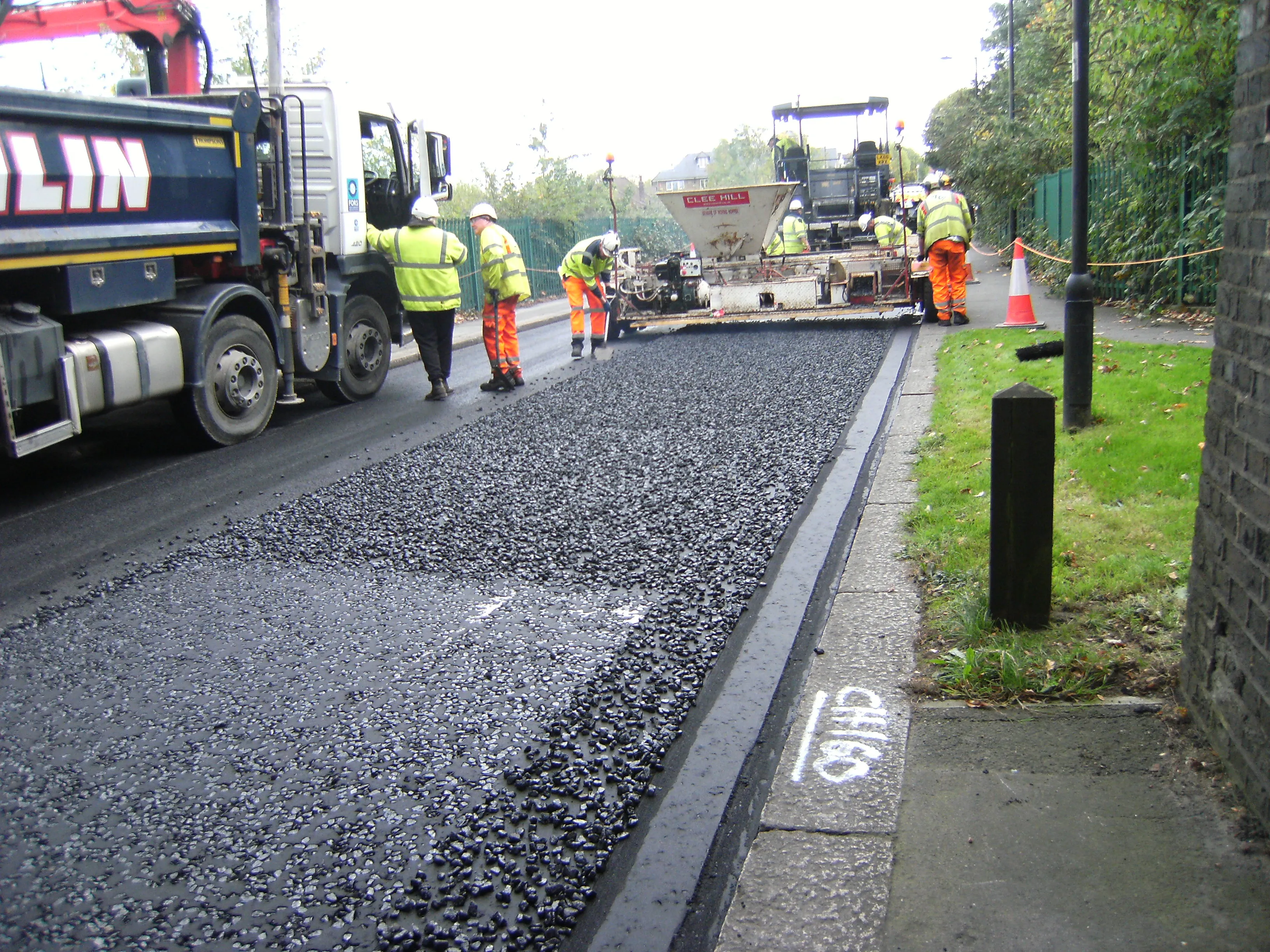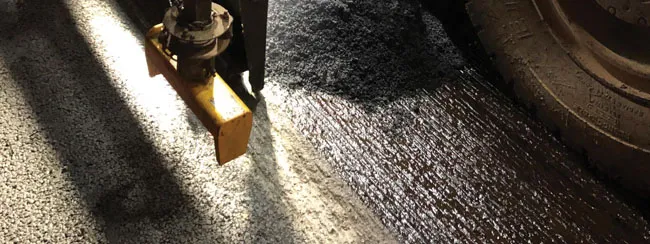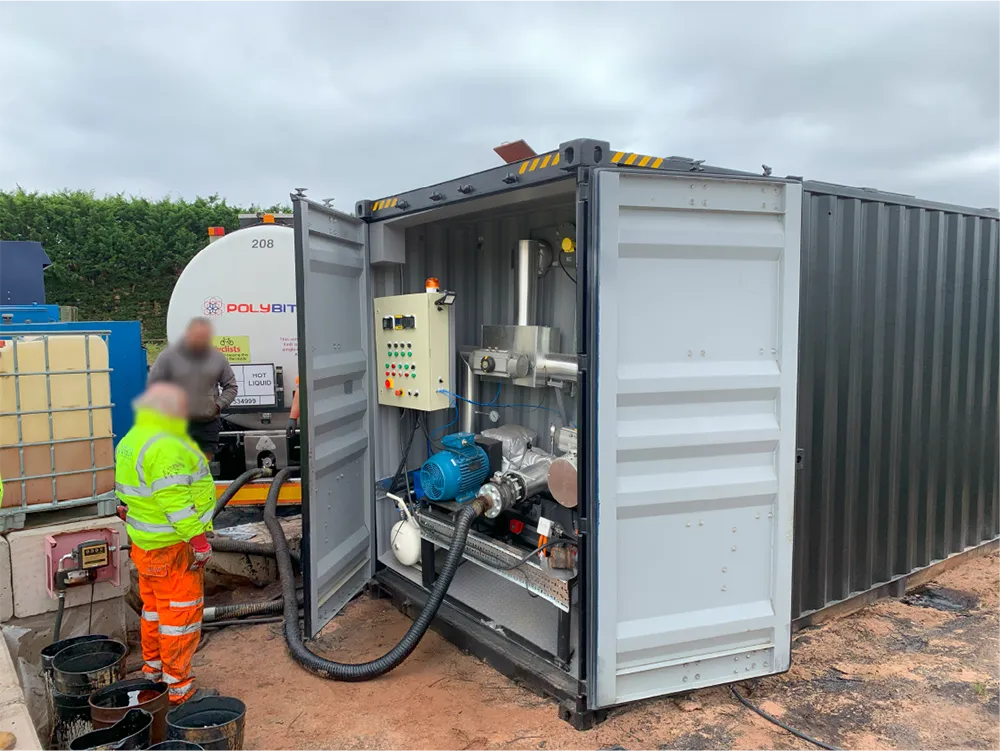
New research carried out in Australia suggests that road base material could be produced from recycled demolition rubble and old vehicle tyres.
With the tyres converted into crumb rubber and the rubble sorted, washed and crushed to a suitable size, the combination offers major benefits for road base construction.
According to research from RMIT University in Melbourne, Australia, mixing these materials can provide a suitable base course granulate that meets road engineering safety standards.
Using these materials could help address issues with recycling. The research shows that the optimum combination contains around 99.5% of recycled demolitions materials mixed with 0.5% of crumb rubber.
While recycled demolition waste has been allowed for use in construction for some time, the research shows that adding crumb rubber from old vehicle tyres actually helps improve mechanical properties for use in road base construction.
The research team has shown that this combined material performs well in terms of strength, deformation and dynamic properties. It can carry heavy loads, is water and acid resistant and offers low shrinkage. Of key importance is that it also offers a degree of flexibility due to the presence of the crumb rubber, meaning that it reduces the risk of crack propagation through base layers. And as cracking is a major cause of failure in road base construction, this last factor highlights the material’s value.
‘An experimental study on the shear behaviour of recycled concrete aggregate incorporating recycled tyre waste’ is published in Construction and Building Materials (DOI: 10.1016/j.conbuildmat.2020.120266









